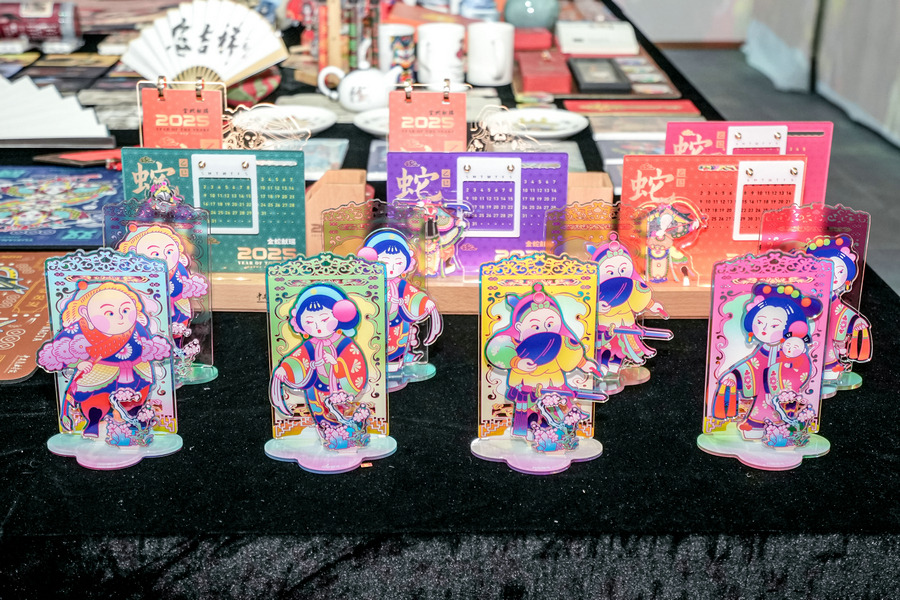Bookstores look at ways to survive

Over 240 bookstores from 85 cities around China are jointly exploring better ways to survive.
As part of this initiative, salons are being held in cities including Beijing, Shanghai, Suzhou and Chengdu to discuss how to maintain the traditional bookselling business while venturing into music, films, exhibitions and cultural products.
And besides brand chains that have long been cultivating their unique strengths, attention is also being paid to independent bookstores.
So far, hundreds of readers, booksellers and 26 renowned Chinese publishers have met in various cities for this month-long series of events named Hello Bookstore.
Also, readers are invited to experience working at a bookstore for eight hours and some 20 renowned authors have been invited to share their stories about reading and their observations about physical bookstores.
The ultimate goal, according to Chen Zifeng, the marketing director of the Guangxi Normal University Press Group, the organizer, is to lure readers back into bookstores.
"We want to mobilize readers and resources from the publishing industry to build up a platform that is centered on physical bookstores", says Chen at the launch of Hello Bookstore events.
This is the third year that the Guangxi Normal University Press Group, which operates its own bookstores, has organized themed events of this kind.
Liu Gui, the general manager of Future Bookstore Co Ltd, says that publishers and bookstores are dependent on one another, and that this is exemplified by publishers providing books based on the bookstores' features and targeted groups, while bookstores support publishers by making payments in time.
Lin Gengli, the founder of Sendpoints Books, says that in an era when books are more diverse, bookstores and publishers should be more open, innovative and inclusive when dealing with paper books, e-books and audio books.
Meanwhile, explaining his philosophy of creating and producing cultural products, Wang Bowen, the general manager of Joint Publishing Company International, a company jointly funded by the Sanlian companies in Beijing, Shanghai and Hong Kong, says: "Cultural products are not only of practical use but also make good gifts."





































